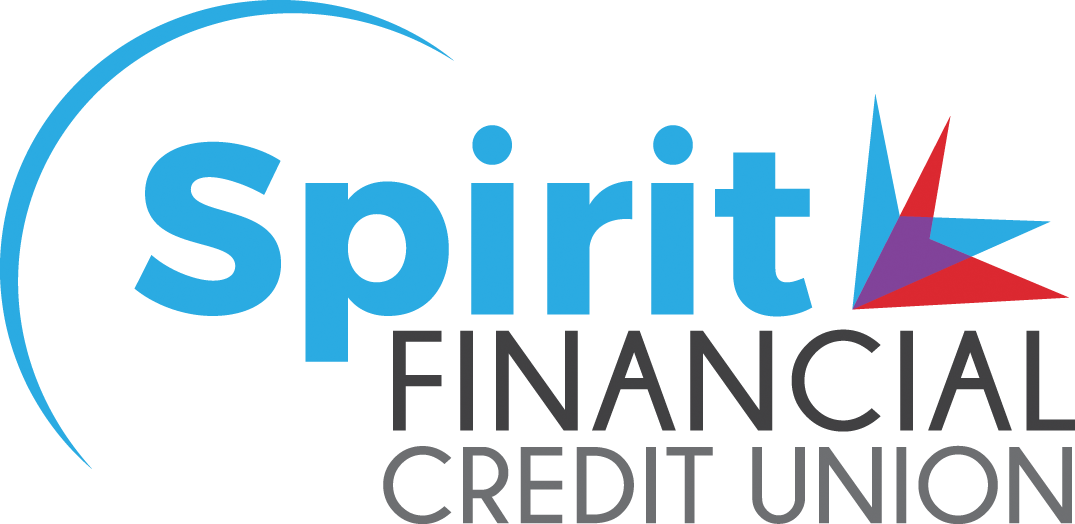Your Financial Checkup
The finance doctor is in and encouraging you to give your finances a good review. Are you financially fit or financially flabby? It's always the perfect time to evaluate your finances and make some needed changes. Here is our list of 10 items to help you get into better financial shape.
1. Life Changes & So Do Goals
Changes in life may have changed your financial goals or priorities. For instance, if a new baby came along, you may be starting to think about education savings or saving for a new home. You may have experienced a job change, job loss, marriage or divorce. All of these things can affect your income, your spending, and your lifestyle. Time to identify new financial goals, revise existing goals, and have a clearer picture of your overall financial objectives. Create an outline of your goals, so you can refer back to it as you make financial decisions throughout the year.
2. Insurance Coverage
Are your assets and loved ones properly protected? Check your policies and make sure you have enough coverage. This goes for homeowners, auto, health insurance, and life insurance.
3. Emergency Fund
There’s no time like now to prepare for the unexpected. Evaluate your emergency fund. Do you even have one? If you do, is there enough in there? Automate your savings now. What you don’t have readily available in your checking account, you won’t miss. It’s all about better money management this year.
4. Evaluate Your Budget
How’s your cash flow? Has your income been keeping up with your spending? Have you been able to prioritize saving? It starts with tracking all of your expenses, so you have a good handle on your overall spending. This will help you to find areas where you are going over budget and to make those changes needed to balance your budget. Are you dining out too frequently? Splurging on pricy tech gadgets that you don’t really need? Time to do away with some of these bad financial habits. Reevaluate your budget and refocus on your financial priorities, such as saving and paying down debt.
5. Check Your Debt
Speaking of debt, has your debt gotten out of control? If you don’t take a good look at it regularly, it just might. Most of us have no idea exactly how much we owe. It’s time to make a list of all of your debt and get an accurate accounting of the total. Develop a plan to repay your debt this year. Automate your payments, including extra payments each month, to stay focused. This will also help you to pay down debt faster.
6. Is it Time for a Refi?
You’ve evaluated your debt, so how can you save on interest? Can you get a lower mortgage interest rate at Spirit Financial Credit Union?
or your local credit union? If so, it may be time for a mortgage refinance. Even a slight reduction in interest rate can mean big savings over a longer-term mortgage. Same with your car payment. Maybe you got roped into a higher rate loan through your auto dealer for convenience. Refinancing your car loan might make better financial sense.
7. Review Your Retirement Fund
Are you contributing the max to your 401(k) for maximum employer match? This is a no brainer. It’s not only great for your retirement but can also help to reduce your taxes. Declining an employer match is like turning down free money. Do you have an IRA (Individual Retirement Account)? If not, it’s the perfect time to open one. You can have both a 401(k) and an IRA to help you meet your retirement savings goals. Be sure to take a close look at your retirement goals and make sure you are still on track to reach those goals.
8. Check Your Credit Report
This is extremely important to your financial health. Your credit score can affect your mortgage and other loan rates, credit card approvals, and even some job applications. Checking your credit report regularly can help you identify and fix any potential problems. You can request a free copy of your credit report from each of the main credit reporting companies online. Ensure that all of the information in your report is correct and up to date. This includes your personal information, such as name, address and social, as well as information on loan balances and other debts.
9. Learn from Last Year’s Financial Mistakes
The most important thing we can do is to learn from past mistakes. If you overspent last year, borrowed too much or ignored your emergency savings plan, all is not lost. Don’t make those same mistakes again. Vow to do better this year. Commit to changing bad financial habits and irresponsible behaviors and focus on positive financial goals.
10. Get on the Path to Lifelong Financial Learning
Your financial well-being doesn’t stop here. Read up on financial articles and news, in books, or listen to informative podcasts. Read the Spirit Financial Credit Union Blog each month for new articles and helpful financial tips. Knowledge is power after all.



